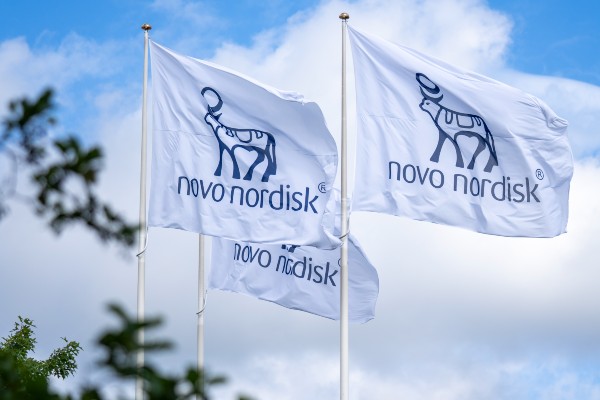Missed the Morningstar UK Investment Conference in London? Catch up on all the articles and video interviews here.
The first day of Morningstar Investment Conference 2013 ended with two fund managers who are "textbook examples of effective management," as Morningstar's Shannon Zimmerman put it. Bill Nygren exemplifies value investing, with a fantastic long-term record at Oakmark since 2000 and Oakmark Select since 1996. Steve Wymer is a spokesman for classic growth investing, with a great 15-year run at Fidelity Growth Company. That said, the panel was more a discussion than a debate, with Nygren and Wymer finding lots of common ground.
Apple (AAPL) was a notable example. As Nygren said, "I like growth, I just don't want to pay up for it. Despite its high growth rate, Apple sells at 8 times earnings when you strip out cash. That's cheaper than Cummins (CMI), and yet no one would say, 'How could a value manager own Cummins?'" Nygren and Wymer agreed that management's decision to pay a dividend and buy back shares indicates that they are allocating capital responsibly. As Nygren said, "Getting capital back to shareholders is a big risk reducer."
Then there's Wal-Mart (WMT), which might not seem like much of a growth stock. Wymer explained that he offsets faster-growing companies with slower-growing names in order to manage risk. Wal-Mart qualifies as a blue-chip growth company. Meanwhile, Nygren likes management's decision to use excess cash to repurchase shares, noting that while income-hungry investors have bid up dividend-paying stocks, share repurchases are just as valuable.
Zimmerman observed that perhaps the growth-versus-value distinction is a false one. Nygren agreed: "I think of value investing as being the opposite of momentum investing, not growth. I'd rather have a company growing faster than more slowly; you just have to be careful to not pay too much."
For his part, Wymer said valuation is a key parameter, relative to long-term growth prospects.
When the floor was opened for questions, one attendee wondered whether Microsoft (MSFT) and Intel (INTC) (both holdings in each fund) could catch up with mobile devices. Wymer sounded a lot like Nygren, noting, "These are cheap stocks with an ability to return capital to shareholders."
Some attendees harkened back to themes developed by opening keynote speaker Michael Mauboussin earlier in the afternoon. One questioner wondered whether Nygren expected to continue his record of outperformance, given that the competition is always getting smarter. Nygren agreed that latest crop of analysts are smarter than ever, but said Oakmark still has an advantage: "Today, so many people are either indexing or investing with a short time horizon that it is easier for a long-term value investor to do well."
Then there was this stumper: "What percentage of your success would you attribute to skill and what percentage to luck?" in reference to the previous presentation.
Neither manager ventured a precise breakdown. Wymer agreed with Nygren that the trend towards passive and short-term investing sets a good field for long-term investors, but it doesn't guarantee success. Acknowledging his fund's large asset base, Wymer said, "You don't want to be so big that you can't bet against the herd. Otherwise, you have to rely on luck."
Nygren noted his luck in joining Harris Associates (Oakmark's advisor) 30 years ago. He thought at the time it would be a stepping stone but found he couldn't have picked a better place to work. He asserted that the firm has succeeded because it has "a rational investment approach and the discipline to stick with it--and those aren't luck."










.jpg)


















